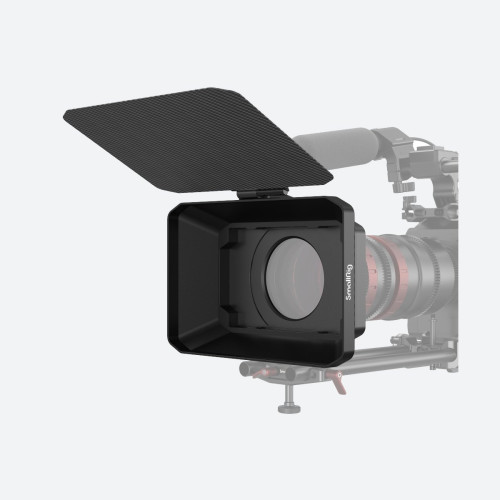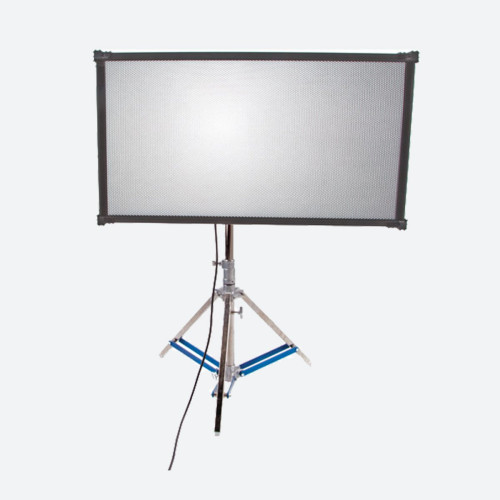Scriptwriting
Author: Dennis Lennie
Published 1st September 2008
“Is the pen mightier than the sword?”
As a writer myself and having penned a few scripts in the past, mainly for TV commercials, corporate presentations and voice overs, it always amazes me 'when a film actor, whether it be a known or an up and coming potential' just seems to utter those mortal words “It was such a great script...I just had to do it”, and in the main that's just what it is, a great script, however this assumption should not be only confined to a movie script, scriptwriters engage in a variety of medium scriptwriting, for example, voice-overs for TV commercials and Radio slots, not forgetting the great corporate video, which requires a specific skill when putting pen to paper. Furthermore One should never forget the Training video and audio of the same. Another area of the scriptwriters potential writing portfolio, which is some times frowned upon by some in the writing fraternity, is advertising printed copywriting. Many a pretty penny has been earned working in this very worthwhile and lucrative medium, not only does it afford a healthy income, it also creates good grounding and recognition for aspiring writers, who then and do go onto greater accolades. If you have the aspirations of becoming a script or screenwriter, there are a few pointers you would need to adhere to “So read on my Quill enthusiasts.....”
“Pen Power”
It would appear that in recent months that the pen has indeed had more power than the sword, we are all aware that Hollywood seems to be in a bit of a pickle, it would take a major upset to bring down the mighty moguls, who prosper within the perimeters of the great screenwriters home, namely Hollywood California, however it would appear that the pen has indeed taken the major studios down a peg or two. The crux of the matter is abundantly clear, some screenwriters are indeed poorly compensated for their efforts by the studio's, it is also noted that in some cases, their work (Screenwriters) is re-written by other writers instigated by the studio's “Naughty Naughty”, with no credit awarded to the original writers, “Shame on you”, this is in my opinion blatant robbery, writers across the board rely on the exclusivity of ownership of their work, and to have it ravished by the studio's is just daylight robbery. We are led to believe that the strike extend well into 2008, “Watch out Oscars”, give respect where respect is paramount. “Words are action good enough, if they're the right words.”
“Storyline”
When embarking on a project as a scriptwriter, whether it be a film or a five minute corporate production, it's well to remember the basics of a good script, put simply there must be a beginning a middle and an end, there should also be a rule of thumb that is your delivery, this is the oldest chestnut that is A. I. D. A.?. confused?, not at all I hear you say, well for those not in the know of just what the above stands for, “read on my lovelies”. Well A. = Attention, this is your beginning, your script must attract the readers attention, this should inspire the reader within the opening two lines, they must be falling of their chair with excitement because of what the written words are saying to them.
I. = Interest. Well this speaks volumes in its own right, interesting scriptwriting is a major turn-on for directors and producers, if you have established the attention factor, then its very likely you will have created the interest, this could work in many ways, but most importantly is that you spur on the imagination of the reader, so their creative juices are flowing to the brim with the need to continue reading your submission.
D. = Desire. This is the part when a scriptwriter has laid his writing skill cards on the table, creating the desire for the reader to want to continue his/her interest in your submission, thus wanting to discover potential options from their prospective, as to exactly where their intentions if any for your submission will feature in their project. You as a writer should be bursting with confidence in the material you have just penned.
A. = Action. The written word is not only about the art of 'scriptwriting', it's much more, as a budding scriptwriter wanting desperately to have your skills recognized by your peers, and baring in mind that different formats of writing match different formats of media, 'any accomplished screen and scriptwriter will afford you that advice', from films, television to the corporate video, styles will vary depending on the chosen matter also remembering that techniques do vary as well. “The secret of style is, after all, the mystery of the clothing of a flower” but only you are able to work out what works best for you. Now if your submission has reached the action mark, you should be floating on cloud 9, it will simply mean that your writing skills have been recognized, and the reader intends to take action and engage your services for their project. “well done to you”.
Now that you have been engaged, the hard work starts, remember continued education in process and formats is crucial, because ever-increasing changes to film, television and video formats, you need to be on top of and keep totally up-to-date with writing trends. “The only real gauge of success is profit - honest profit”.
“Scriptwriting - Not Directing”
It's a clear understanding, that scriptwriters write scripts and directors direct, there has been a trend in writers, writing scripts that include directorial words, we should not lose sight of what we as scriptwriters do best… 'scriptwrite', and what directors do best… 'direct'. It's their job (directors) to interpret your words, and yes there is a little more directorial need in some scripting, mainly in film, so they can instruct the actors, however leaving enough of a margin for the actors to further bring a separate interpretation to the words, whilst loosing the the true essence of what the writer has penned. For a writer, it's good to have some basic knowledge of a director’s terminology, sometimes you will find shortening a sentence to an abbreviation can help you move the story on, any accomplished writer will advise you on this method i'm sure and it will keep the viewers interest at all times, too much flannel and you stand a good chance of loosing the attention of your audience. Whilst we look to films to grasp our attention and spur on our imagination, it's so important to ensure that when penning characters, you have to try to create characters that drag and persuade the viewer to stay until the end of the film, “I think that as you learn more about writing you learn to be more direct” there's nothing so annoying than to see characters with no meaning, no inspiration, no humour and definitely no appeal, boring characters do not cut it in screen/scriptwriting.
“Scriptwriting Rules..........Are there Any”
Scriptwriters would have you believe that there are indeed rules of the game, I say “Hogwash, piffle, poppycock and balderdash”, every screen/scriptwriter has their own set of rules, styles and interpretation of the written word. When submitting a script to a director, it's one thing to be totally grammatically correct, but at the same time, the director has to see and understand where the script is going, the end game sir, not to mention the other aspect of the submission, is it likeable in its rawness, and can the director have room to create a masterpiece from your written efforts. “There's no way anybody can sit down and just write a best seller”. Lets not forget the commerciality of the project, yes we are all aware that profit is of paramount importance to the directors and producers, everything is about profit in this industry, we must never loose sight of this fact, you as a writer should be fully aware of your financial gains when penning you next great words of art, especially the mortal words 'Writers Royalties', this is a format for 1. Protecting 'copyrights' over your recognized penned words, 2. Continued Royalties over your penned words forever, this is where as a screen/scriptwriter you can create a residual income for life, should your project be picked up by a major studio or a television conglomerate, should this happen then it's cocktails in Monaco. “A writer in his words must be like God in the universe, present everywhere and visible nowhere”. The basic answer to the question 'are there any rules?' is that there are no rules, just the basic understanding of your written material and that the viewer likes your work, keep it fresh, relevant and understandable to all who have the pleasure to read it.
“The most difficult thing in the world of writing is to make things simple enough and enticing enough to cause the reader to turn the page.....”
Remember “The Pen is way mightier than the sword”





























